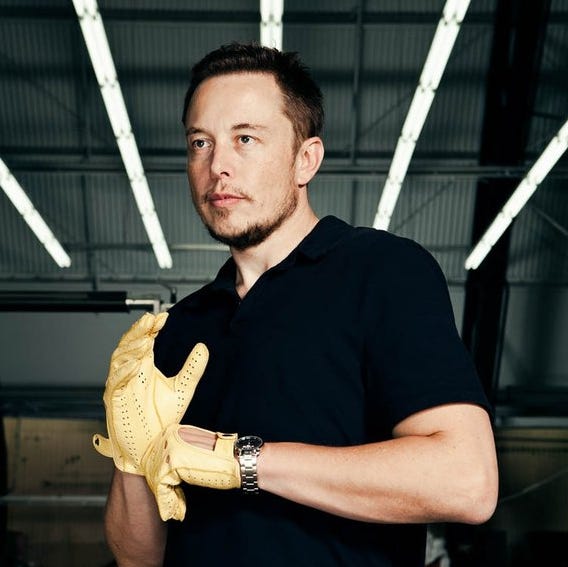Elon Musk
Even the world’s richest human does one thing at a time
Walter Isaacson’s biography of Elon Musk just came out. Millions of people will buy it and read it. Billions of people are fascinated by Elon Musk — by his intelligence, his wealth, his tweets, his mum, his relationships, his car company, his spaceship company and interstellar aspirations, his tweet company, his brain company, his sanity, and much else.
I’m interested in a lot of all that too, but particularly in how he uses his time. Multiple online reports — which always seemed bizarre and implausible to me — have suggested that he divides his day into 5-minute slots and attends to a different task for each of them. In any case, he seems to have a lot on his plate which he deals with effectively.
So it was with some interest that I listened (twice) to Lex Fridman’s two-hour interview with Isaacson. One of the sections is devoted to time management (exactly here). Leonardo da Vinci, Benjamin Franklin (who had lots to say about time management) and Steve Jobs are also discussed but the focus is on Musk. Isaacson admits that though he has previously described the productive billionaire as a multi-tasker, this was a mistake. Instead, he’s a ‘serial tasker, who focuses on a single task for an hour’ with ‘fierce urgency’ and then, after a ‘palate cleanser’, moves on to the next task.
Contrary to what spurious strands of the web might suggest, Elon Musk does one thing at a time.
In the interview, Isaacson then warns Lex that Musk is an absolute one-off, from whom it’s futile for the rest of us to try and draw lessons. Lex pushes back, insisting that the mere reminder that there are a lot of hours in the day — ‘there’s no excuse not to get a lot done’ — is useful insight and wisdom he himself has picked up from Musk. I’m with Lex.



From a time-boxing perspective, I guess Elon is also defining the container :-).